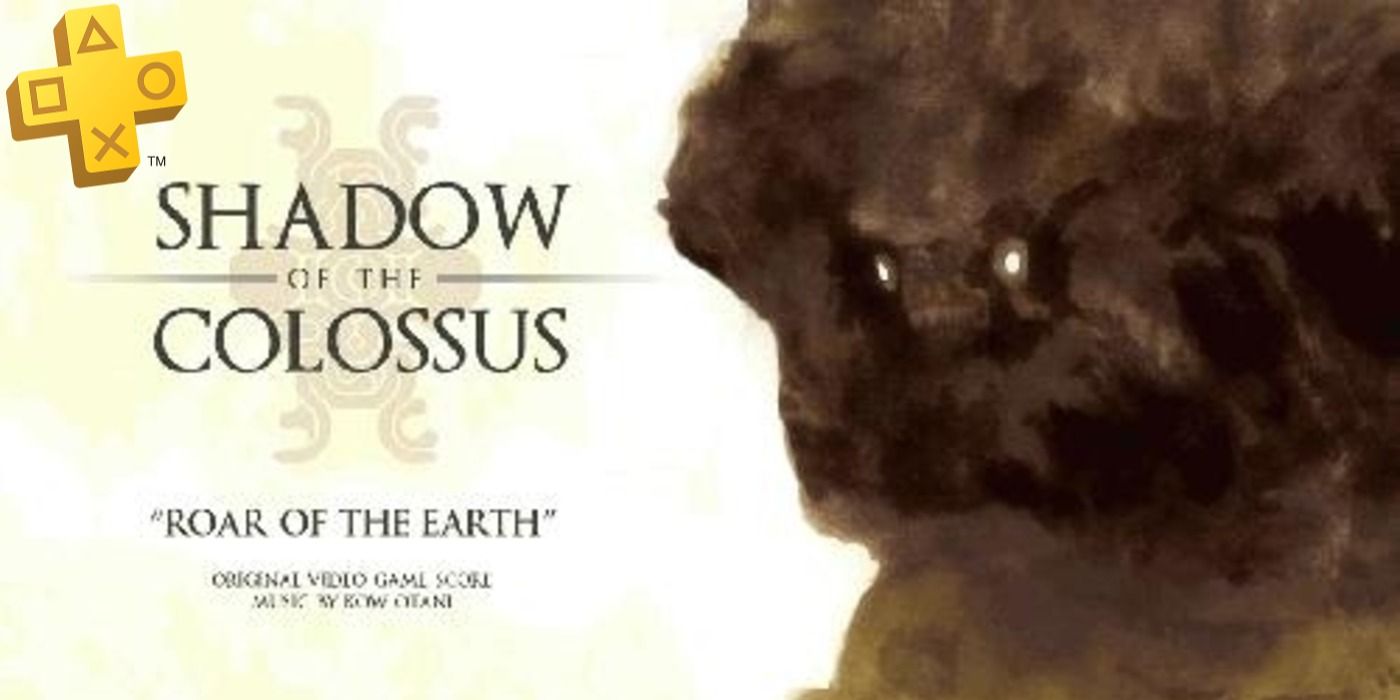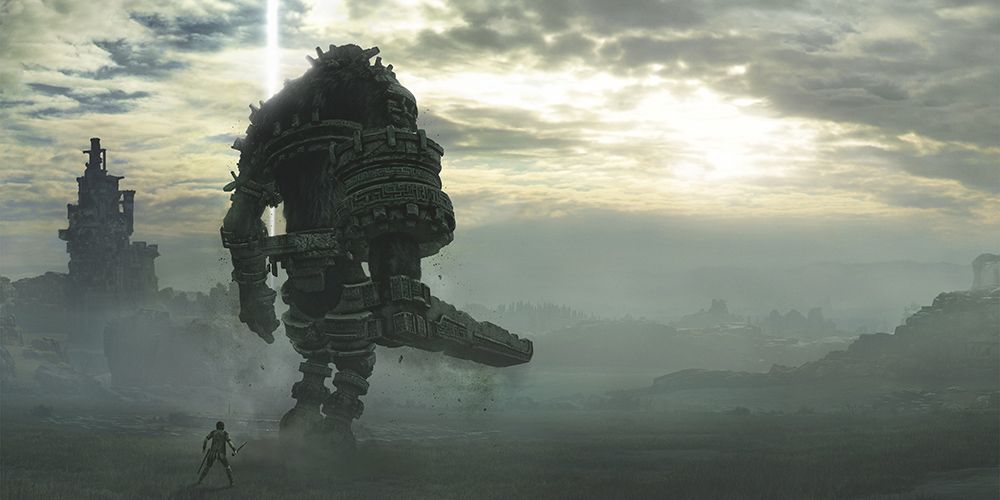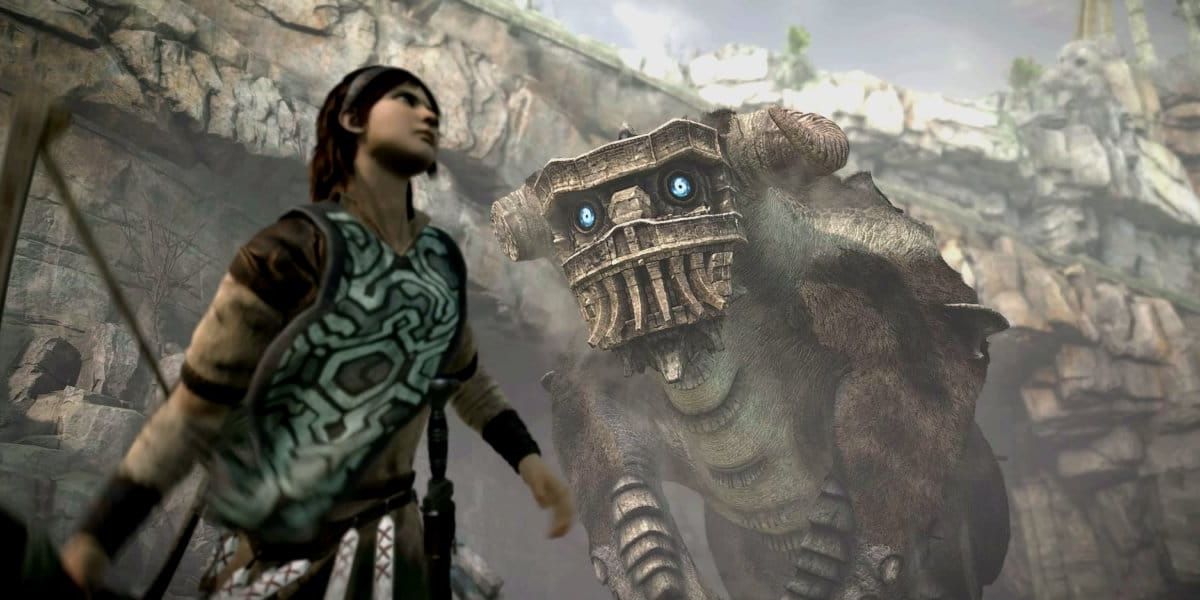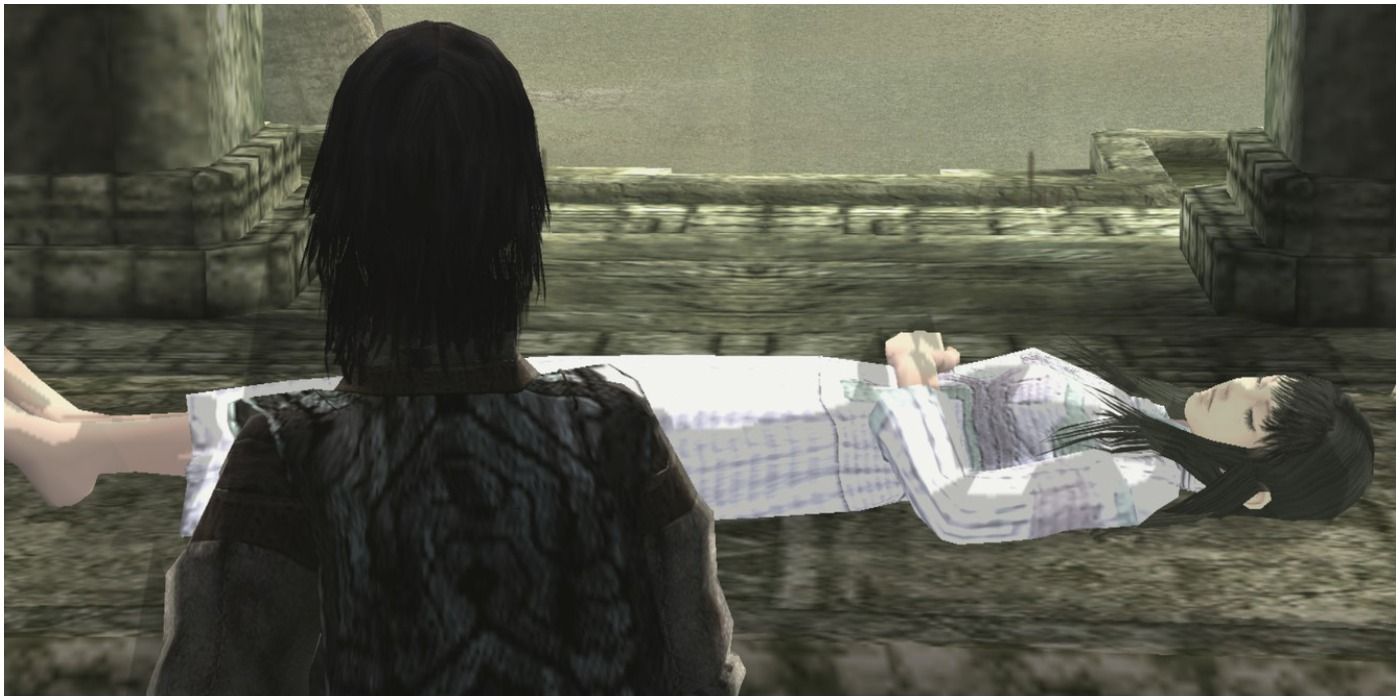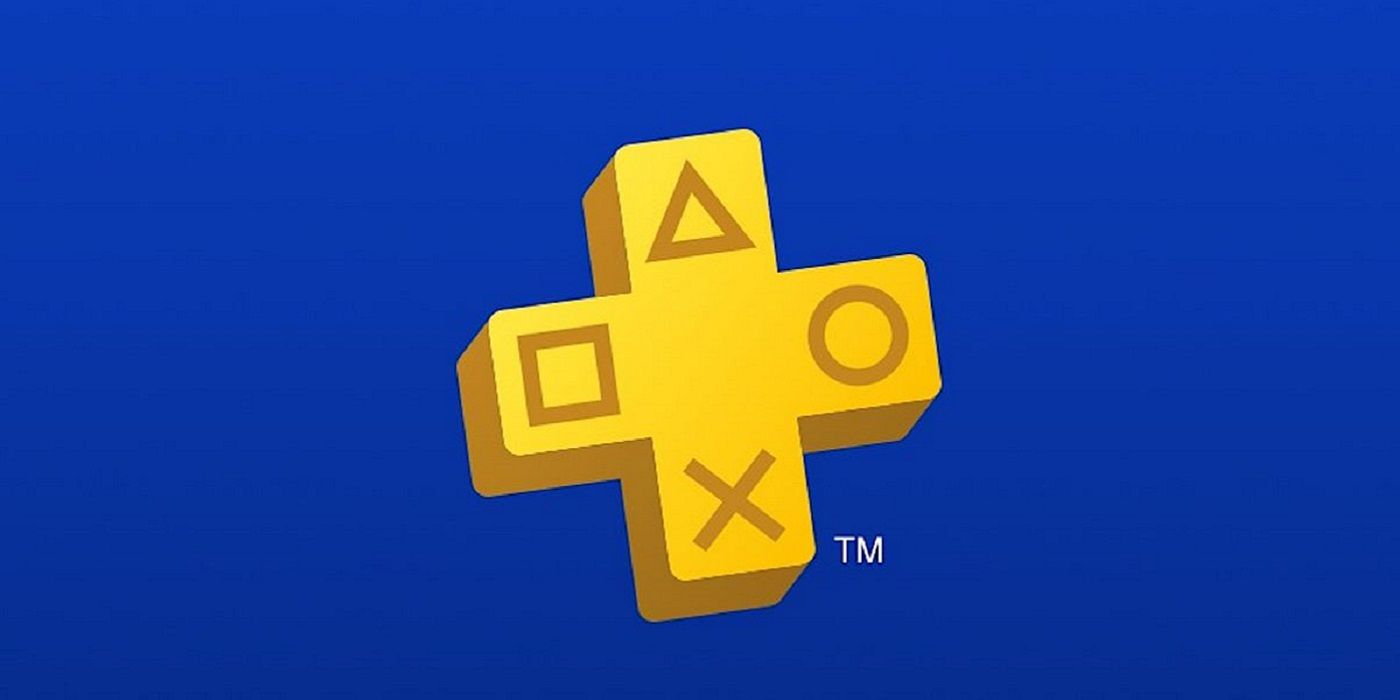The coming month's PlayStation Plus games are providing subscribers with a particularly special treat: the PS4 remake of Shadow of the Colossus. This game is many things all in one, with great gameplay, a meticulously crafted environment, a very intentional atmosphere, and more, but one of the most striking aspects of it has always been its incredible soundtrack. Now that PS Plus subscribers all over the world will get to be exposed to this game yet again or for the first time, there is no better opportunity to discuss and appreciate its soundtrack and all that said soundtrack does for the game.
For those unaware, Shadow of the Colossus concept involves a lone wanderer hunting down massive colossi in an effort to bring someone back to life. The story and world are minimalist incarnate but mingle with other elements of the game to create an incredible atmosphere that has resonated with players for years and will likely continue to do so. The soundtrack in particular, composed by Ko Otani, has never failed to impress fans and remains iconic even still to this day.
Shadow of the Colossus Soundtrack
The soundtrack to Shadow of the Colossus, known officially as Shadow of the Colossus: Roar of the Earth, was composed by Ko Otani in 2005 along with the release of the game itself. This soundtrack clocks in at 42 tracks, totaling 75 minutes and 36 seconds of music. While this may not seem like a lot, it and the rest of the sound design in the game are used to great effect. One of the best video game soundtracks guides the player emotionally at key points of the game, helping to craft the final product which has become so beloved.
Music in Dramatic Entertainment
It is a widely held belief among music historians that in any kind of dramatic entertainment, be it a play, a movie, or a video game, it is the music which creates the drama. While sword fights and tense situations between characters certainly help, it is in fact the accompanying music which informs the audience of what they should be feeling and adds the true tension to any scene. To verify this, simply watch any dramatic movie with the music or volume turned all the way down. It will still be enjoyable, there will still be cool and entertaining scenes, but the tension and drama will be almost completely absent.
One of March's PS Plus games,Shadow of the Colossus, understands this fact perfectly and uses its sound design to amplify the adventure in every way. The act of climbing around on top of a massive beast and struggling desperately to kill the creature is undoubtedly awesome, but would not be nearly as satisfying without the inspiring and unforgettable fan fair playing loudly in the background. Likewise, the tense feeling the player gets as they near a colossus would not be there if not for the equally tense accompaniment provided by the game's soundtrack.
Shadow of the Colossus' Central Theme Is Loneliness
Everything in Shadow of the Colossus is driven by the concept of loneliness or emptiness. The Wanderer came to this wasteland in an attempt to resurrect a companion and cure his loneliness. Each Colossus the player faces is stalwart representation of solitude; the only living creature in miles. Finally, the player's quest also lends itself to this solitude, as the wanderer systematically kills all other living things around him. The ancient land itself is a barren, empty, desolate, and almost overwhelmingly lonely place, and is made to feel so even more by the sound design of the area.
In music, the absence of sound is sometimes just as, if not more, important than sound itself. Kō Ōtani utilizes this understanding to its fullest potential, as much of the journey through the ancient land is done in complete silence. Where most games would have some kind of light music to indicate the mood of the game (eerie noises for a horror game or whimsical, forward moving music for an exploration oriented game), Shadow of the Colossus leaves the player with a deafening, unbearable silence. The only noises heard are those made by the Wanderer himself and the Wanderer's horse, Agro.
This done intentionally to make the player feel lonely. This deliberate choice in sound design guides the player to understand that this place is ultimately a lonely one, but that is not the only way the soundtrack informs the player of the emotional situation. After every battle with a colossus, following the uplifting fan fair and the defeat of the beast, the player is not greeted with a victorious march, but something different. Instead, a somber track accompanies a cutscene of the tragic deaths of the colossi, and the player is left to realize that what they are doing may not be right. The beast wasn't an enemy, but the wanderer slew it all the same.
And that realization ultimately is what makes Shadow of the Colossus so amazing. These great, majestic beasts exist scattered throughout a barren wasteland, and the player is tasked, albeit somewhat unknowingly, with exterminating them. They get caught up in the moment and the heat of battle as the violins and trumpets blare triumphantly, only to then realize what they've done as the beast collapses to the ground. Imagine how much different the game's narrative would be if instead the Final Fantasy victory theme or something similarly upbeat played after every colossus was conquered and the victory was celebrated rather than introspectively mourned.
Shadow of the Colossus - PlayStation Plus March
There is much and more that could be said about Ko Otani's sound design for this masterpiece of a game, but ultimately the best way to experience his masterful compositions is to play the game. Thankfully for PlayStation Plus subscribers, that will be an incredibly easy thing to do given that the game will be free in March. Be sure not to forget to add the game to the library so it can be fully downloaded any time, but really there's no point in waiting to play a game as unforgettable as this.
Shadow of the Colossus will be available for free to PlayStation Plus subscribers in March.

